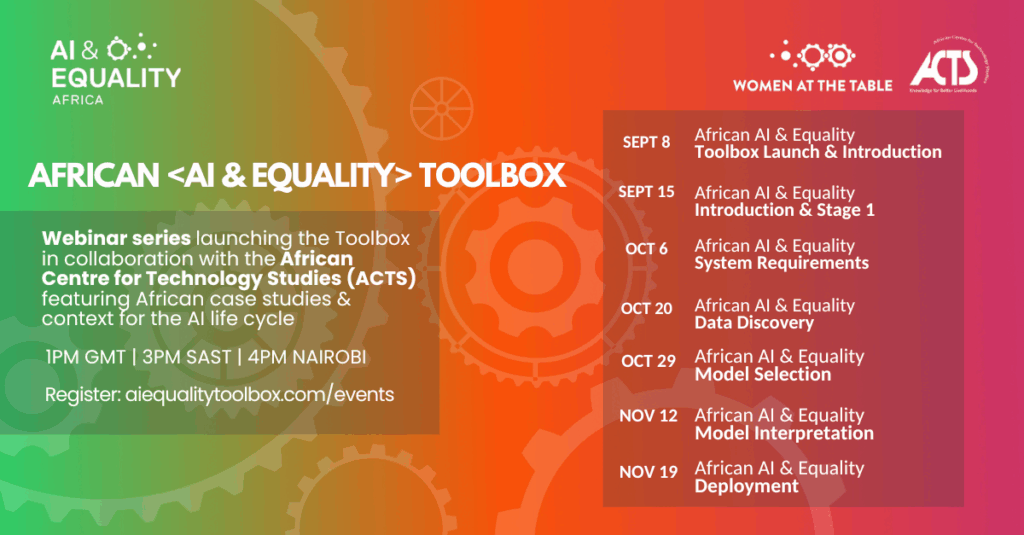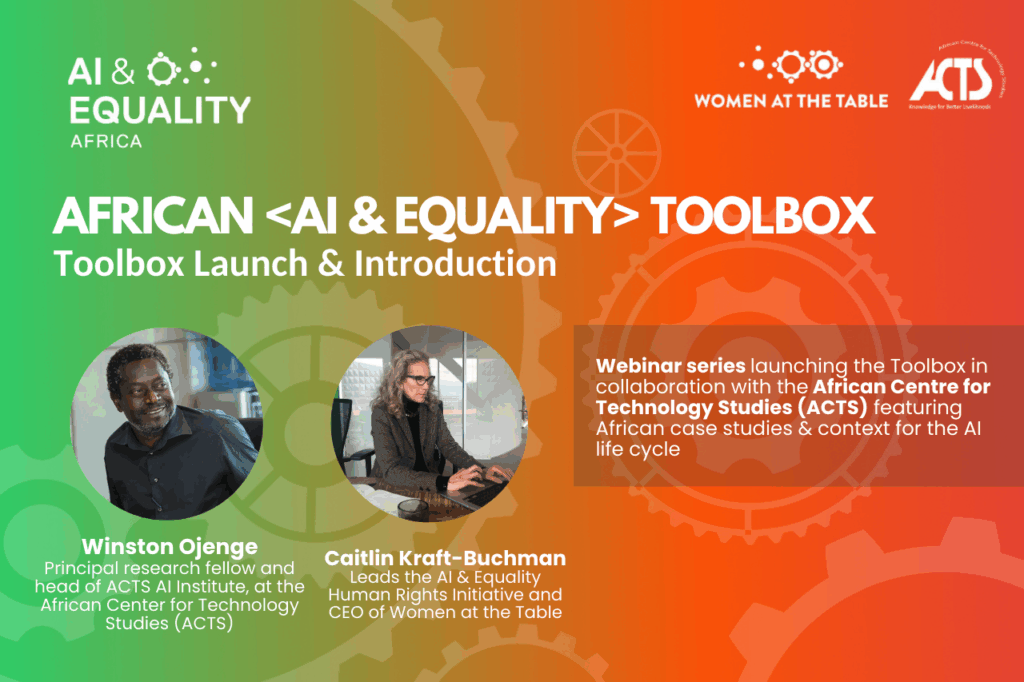The official launch of the African AI & Equality Toolbox and its accompanying webinar series marks a pivotal moment for AI development across the continent. This groundbreaking initiative, a collaborative effort between Women at the Table, the African Center for Technology Studies (ACTS), and numerous partners, aims to foster more equitable and rights-centered AI innovation in Africa. Architects of the toolbox, Winston Ojenge and Caitlin Kraft-Buckman, shared invaluable insights into its development journey, transformative purpose, and its potential to reshape the African AI landscape with human rights at its core.
The African AI & Equality Toolbox introduces a comprehensive Human Rights-Based AI Lifecycle Framework. This revolutionary framework seamlessly integrates critical reflective questions and human rights impact throughout every stage of AI development, from initial design and data collection to deployment and monitoring. Unlike many “ethical AI” guidelines that can be subjective, this toolbox grounds its approach in the settled body of international human rights law, focusing on the impact on humans and their environment.
A key differentiator of this toolbox is its deep respect for African culture and context. Winston Ojenge, Principal Research Fellow and Head of ACTS AI Institute, highlighted that while other AI ethics toolboxes exist, this one makes a genuine attempt to embrace African cultures. In a continent where a significant portion of the population resides in rural areas with strong cultural ties, technology must resonate with these traditions to be effective. The toolbox sensitizes AI developers to observe cultural nuances, emphasizing that respecting culture facilitates access to data and community cooperation. For instance, in farming communities where women are the primary farmers but traditionally may not interact with male developers, the toolbox recommends including women in data collection teams to ensure accuracy. This practical approach moves beyond patriarchal mechanisms, ensuring that data collection is precise and inclusive.
Caitlin Kraft-Buckman, who leads the AI & Equality Human Rights Initiative through Women At The Table, further elaborated on the framework’s structure. Developed in collaboration with data scientists and machine learning specialists, the framework breaks down the AI lifecycle into six stages: objective, team composition (emphasizing multidisciplinary expertise beyond just technical skills, including gender experts, human rights specialists, and social scientists), technical requirements, data discovery (addressing the critical issue of data sets often not reflecting lived realities), model selection, model interpretation, and finally, deployment, viewed as a continuous investigation of AI systems “in the wild.”
The toolbox’s strength lies in its use of detailed, African-conceived case studies across five strategic sectors: agriculture, health, climate, digital security, and educational language. These case studies serve as powerful learning tools, allowing developers to identify with shared features and challenges. Winston Ojenge explained that these sectors were chosen as they shoulder a significant part of the African economy and have garnered the most attention from AI developers.
Insights from these case studies reveal distinct African challenges. Data collection, for example, is often costly and logistically challenging due to diverse geographies and social complexities. Moreover, many developers, while technically skilled, lack the social fluency required to engage effectively with communities, especially those that are monolingual or largely illiterate. The toolbox stresses the importance of engaging vernacular languages and having vernacular interfaces or team members to bridge this gap. A crucial lesson, particularly from the health sector, is the necessity of keeping “the human in the loop,” emphasizing that AI should serve as a supervisory tool rather than an autonomous decision-maker.
Looking forward, the vision for the toolbox is transformative. Caitlin Kraft-Buckman hopes that in five years, every AI developer, from students to established professionals, will instinctively ask: “Who are the people I want to serve? What’s the problem I want to solve? And have I met the people who have that problem?” Winston Ojenge echoed this, stressing the importance of defining problems in constant interaction with user communities and focusing on developing high-quality, contextual data. This emphasis on user-centric design and robust data collection will enable the creation of practical, impactful AI applications that bridge existing divides and uplift African communities. The African AI & Equality Toolbox is more than just a resource; it’s a call to action for a future where AI serves humanity with dignity and equity. Its publication this month marks the beginning of a sustained effort to empower African innovators to build AI that is truly reflective of their continent’s unique opportunities and challenges.

Register for the Webinar Series:
1PM GMT | 3PM SAST | 4PM EAT
- September 8 – Toolbox Launch & Introduction
- September 15 – Introduction & Stage 1
- October 6 – System Requirements
- October 20 – Data Discovery
- October 29 – Model Selection
- November 12 – Model Interpretation
- November 19 – Deployment

